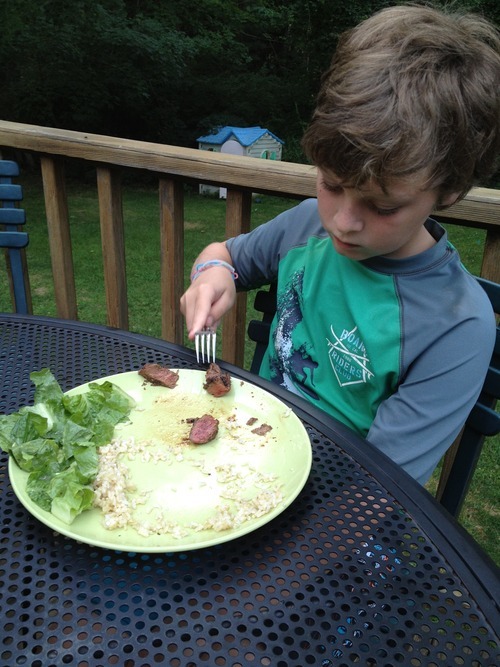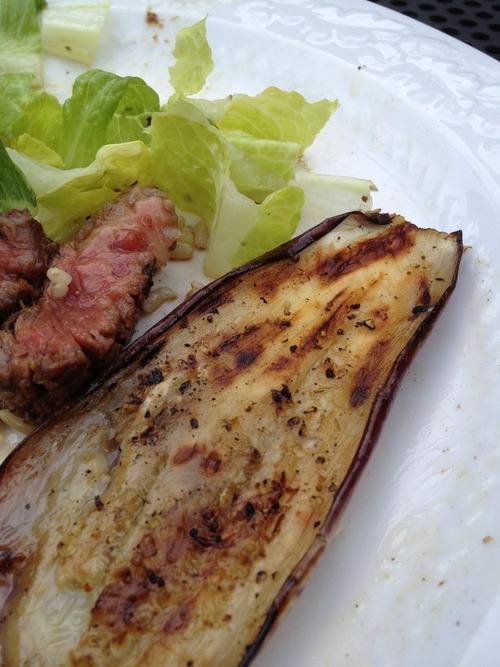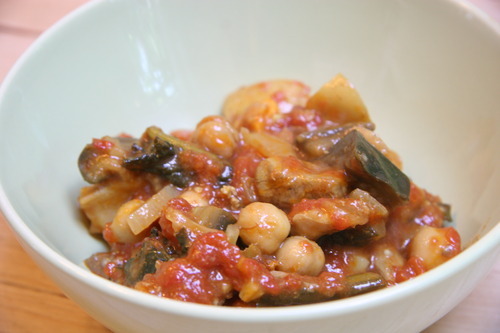How to Store Produce Without Plastic
Great tips on storing fruits.
FRUITS
Apples. Store on a cool counter or shelf for up to two weeks. For longer storage, place in a cardboard box* in the fridge.
Citrus. Store in a cool place with good airflow, never in an airtight container.
Apricots/Nectarines/Peaches. On a cool counter or fridge if fully ripe.
Cherries. Store in an airtight container. Don’t wash until ready to eat; added moisture encourages mold.
Berries. Very fragile; stack in a single layer if possible in a paper bag* or reusable container. Only wash before you plan on eating them.
Dates. Drier dates (like Deglet Noor) are fine stored on the counter in a bowl or the paper bag* they were bought in. Store moist dates (like Medjool) in the refrigerator for longer than a week, either in cloth or a paper bag to minimize moisture (Terry says a glass mason jar also works).
Melons. Store uncut in a cool, dry place, out of the sun up to a couple weeks. Cut melon should be in the fridge; an open container is fine.
VEGETABLESAlways remove any tight bands from your vegetables to allow them to breathe.
Asparagus. Place loosely in a glass or bowl upright with water at room temperature (will keep for a week outside the fridge).
Avocados. Place in a paper bag at room temp. (To speed up ripening, place an apple in the bag.) Terry places hers directly in the fridge; for a cut avocado half, she keeps the pit in and places it in a glass wire bale jar.
Basil. Store in an airtight container/jar loosely packed with a small damp piece of paper* inside, left out on a cool counter.
Broccoli. Store in the fridge: Place in an open container or wrap in a damp towel.
Carrots/Celery/Radishes. Cut off tops to keep fresh longer and place in a closed container with plenty of moisture. Terry stores these immersed in containers of water in the fridge (change water frequently).
Corn. Leave unhusked in an open container if you must, but corn really is best the day it’s picked.
Cucumber. Wrap in a moist towel in the fridge. (Terry likes plain cotton tea towels.) Fine in a cool room if you’re planning on eating them within a day or two.
Garlic/Onion/Potatoes. Store in a cool, dark, place. (For onions, good air circulation is best; don’t stack.)
Greens (Collards, Chard, Kale). Store upright in a glass of water (like a bouquet) on the counter or fridge. Eat these vegetables first, since they lose color quickly.
Lettuce. Keep damp in an airtight container in the fridge. Terry admits that salad greens are difficult to keep fresh; her strategy is to eat these early in the week, though some of her readers have had success vacuum packing in glass.
Spinach. Store loose in an open container in the crisper, cool as soon as possible.
Sweet Peppers. Only wash right before eating; wetness decreases storage time. Store in a cool room to use in a couple of days, in the crisper if longer storage is needed.Sweet Potatoes. Store in a cool, dark, well‐ventilated place. Never refrigerate.
Tomatoes. Also never refrigerate. Depending on ripeness, tomatoes can stay for up to two weeks on the counter.
Zucchini. Fine for a few days if left out on a cool counter, even after cut. Wrap in a cloth and refrigerate for longer storage.
(via myplasticfreelife)







 My husband made some yummy beef kalbi (Korean short ribs) that are marinated in all sorts of yumminess including mirin, kiwifruit and 7up (yes, 7up!). He grilled the beef along with some gorgeous striped eggplant, and served with brown rice and a plain salad.
My husband made some yummy beef kalbi (Korean short ribs) that are marinated in all sorts of yumminess including mirin, kiwifruit and 7up (yes, 7up!). He grilled the beef along with some gorgeous striped eggplant, and served with brown rice and a plain salad.  My eldest cried out when he saw his plate, “I hate eggplant!” and so I told him to give it one taste which he did then made a disgusted look. So, I said to just give it to me (it was so delicious). I reminded him of other times he’s had
My eldest cried out when he saw his plate, “I hate eggplant!” and so I told him to give it one taste which he did then made a disgusted look. So, I said to just give it to me (it was so delicious). I reminded him of other times he’s had  It was so good and we were in a rush to get places so I even packed up my middle son’s in a thermos flask to eat on the road.
It was so good and we were in a rush to get places so I even packed up my middle son’s in a thermos flask to eat on the road. 













